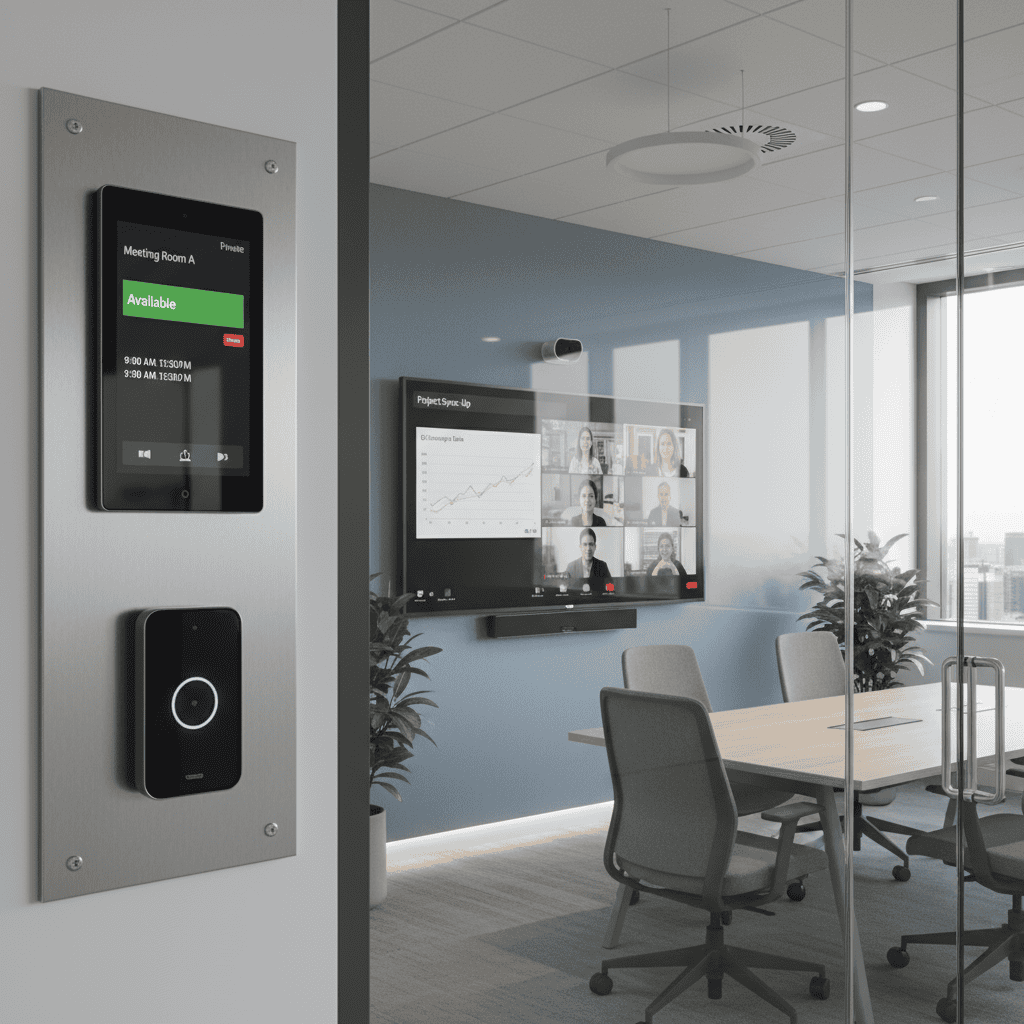Writing a Hybrid Work Policy: 7 Things You Need to Include

Hybrid work is changing the way companies do business. In fact, about 74% of companies in the US are either already using or plan to start a permanent hybrid work option. However, employers may want to create a hybrid work policy before diving too far into this world.
So, what is a hybrid work policy, and what needs to be included within it? Read on to discover the answers to these questions and learn 7 things you need to include in any hybrid work policy!
Eligibility
One of the first things to do when writing a hybrid work policy is to determine eligibility. This covers who is able to work from home in the first place.
This will differ from company to company. In some businesses, everyone will be able to participate in the process. At others, it may only be specific employees performing specific functions.
There are even cases where it will become necessary to determine eligibility on an individual basis. Hybrid work may be something offered to star employees or those with the most seniority. Ultimately, the eligibility process is something that will differ depending on how the business operates.
It is important to get these facts out in the open from the very start. If you announce a hybrid policy but do not announce eligibility until later, ineligible employees may be seriously upset by their exclusion.
Schedule and Process
The next thing to define in your hybrid work policy is how the system will work. Hybrid work has the potential to mean many different things to many different people. For some, it means showing up to the office only when necessary; for others, it means working from home only when necessary.
This is why it is important to decide how your hybrid working policy will work. Doing so ensures that everyone is on the same page. This alleviates a lot of misunderstandings and frustrations later on.
Luckily, defining this element of your system is relatively easy. You probably already have an idea of how much time you want employees to spend in and out of the office. You simply need to communicate this idea with everyone.
The important thing to remember is to be specific. Specify the exact number of days you expect employees to show up to the office or the exact situations that will allow them to work outside of the office. Eliminating this ambiguity eliminates potential miscommunication.
Expectations
Expectations are an important part of any hybrid work policy. They let the employee and employer know how the system will function going forward.
Expectations may include many different details that relate to many aspects of the workplace. For example, the amount of work completed or the time spent working should be defined. It may also include specific tasks employees are expected to participate in, such as conference calls or video meetings.
Like defining a schedule and process, defining expectations helps eliminate ambiguity. This means that there is less of a chance of miscommunication and confusion in the future.
Equipment
Any business considering hybrid work will need the infrastructure to handle this type of work. Without computers, networks, and the appropriate software, a hybrid work system simply does not function.
If your business is providing employees with equipment, this should be specified. If your business requires them to use specific equipment, this should also be specified.
Software is another important feature here. Many businesses utilize specific software programs in order to bridge the gap between different locations of hybrid work. Consider making these types of programs part of your employees’ arsenal.
Security
Remote work inherently opens up a company to security issues. Within the office, data coming in and out is more controlled. Outside of the office, this same data is under less scrutiny.
This is why establishing security measures is important. While doing remote work, many companies require employees to use VPNs, firewalls, and other digital security measures. In addition, the people who have access to the work need proper instruction, as they form a human firewall.
Evaluation
Hybrid work is a relatively new concept. Because of this, the initial hybrid work policy laid out by a business may not be perfect. Problems may pop up that were initially unexpected but that become present nonetheless.
In order to fix these problems, it may become necessary to reevaluate the policy. This is why evaluating the policy from time to time is important.
However, it is important to define the way in which a policy may change at the very beginning. This way, everyone knows that it is possible and knows to expect it.
For example, a company could state that it will reevaluate its policy at the end of each year. Then, before making changes, employees could have several months’ notice before the changes come into effect. This ensures everyone is clear about what is going on.
Legal Information
The last step in defining your hybrid work policy is the most technical. It involves the legal responsibilities that govern work outside of the office.
This category is broad and covers a number of different things. It includes employee safety, reimbursement, taxes, and more. Much of what is covered by a workplace legal structure needs to extend outside the workplace when hybrid policies come into play.
It is important to closely consider this step. Think about what legal issues can impact your company and consider consulting with legal experts. This will allow you to craft an approach that works for your company.
Creating an Effective Hybrid Work Policy
A hybrid work policy is instrumental in allowing hybrid work to function efficiently and effectively. This means a business will encounter fewer problems while also enjoying more benefits. The end result is happier employees and a better bottom line.
About i.e.Smart Systems
i.e.Smart Systems is a Houston, TX based technology integration partner that specializes in design and installation of audio/visual technology and structured cabling. For more than three decades, our team of in-house experts has partnered with business owners, architectural firms, general contractors, construction managers, real estate developers, and designers in the Houston market, to deliver reliable, scalable solutions that align with their unique goals.




